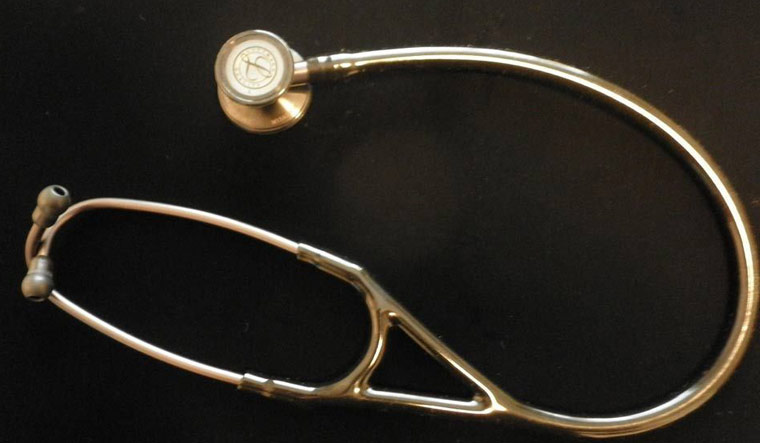Kozhikode district of Kerala, that lost 17 lives to Nipah virus recently, is now battling leptospirosis. The post flood outbreak of the disease has claimed 14 lives till Saturday evening.
Though the impact of the flood was comparatively less in Kozhikode, the maximum number of leptospirosis deaths are reported from the northern district. The outbreak seems to be severe in the district compared to last year when there were only two deaths reported from there out of the 161 suspected cases.
In 2017, 80 deaths were reported due to leptospirosis in the state.
Also Read
- Karnataka CM Bommai promises relief for rain-hit Kerala
- Six people dead, over a dozen reported missing, as rains lash Kerala
- Kerala rains: College reopening postponed; no Sabarimala pilgrimage till Oct 19
- Kerala rains: At least 15 die in Idukki landslide; several still missing
- Kerala rains: 80 feared trapped after landslide in Idukki
Four more people died in Kozhikode on Saturday due to leptospirosis, confirmed district medical officer V. Jaishree. They are: Andi (60) of Meppayur, Sivadasan (61) of Mukkom, Krishnan (56) of Pokkunnu and Radha (64) hailing from Nallalam. Three of them died at the Government Medical College Hospital while Radha died at a private hospital.
Five people—Haseena (31) in Kinassery, Kumar (52) of Thambalamanna, Rajesh (38) of Moodadi, Surendran (67) in Asokapuram and Vishnu (22) from Naduvattom—died on Friday in the district due to leptospirosis.
Medical college principal V.R. Rajendran convened an emergency meeting of heads of the departments of community medicine, medicine and infection control disease at his chamber on Saturday to review the situation.
As per the directions of Labour and Excise Minister T.P. Ramakrishnan, 15 NRHM staff nurses have been specially deployed at the medical college hospital. The isolation wards, formed during Nipah outbreak in the district, and converted into 'fever' wards, would continue amid the spread of leptospirosis and other communicable diseases.
Representatives from Indian Council of Medical Research (ICMR) are camping in the state and reviewing the situation post flood. “The leptospirosis outbreak was expected post flood, and precautionary measures are being taken. There is no panicky situation in the state for now. Things are under control,” said one of the officials from the team, who is camping in Thiruvananthapuram.
The possibility of rat fever, a zoonotic disease, is high during flooding. Urine from infected rat can contaminate water and pass on to human beings. On August 28, the directorate of health services issued an alert, saying there is a sudden increase in the disease in the districts of Thrissur, Palakkad, Kozhikode, Malappuram and Kannur districts.


